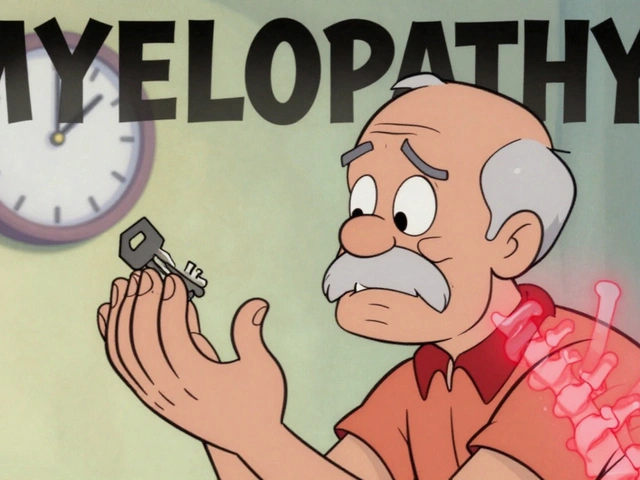Pain Relief: Quick tips, safe medicines, and better options
Got pain that won’t quit? Whether it’s a sore back, nerve pain, or muscle ache after a workout, there are simple moves you can try right now. This page collects practical fixes and points you to deeper guides on specific kinds of pain — like neuropathic pain, pudendal neuralgia, or Parkinson’s-related pain.
First, quick wins at home: rest the area, use ice for the first 48 hours if it’s swollen, then switch to heat to relax tight muscles. Gentle movement helps prevent stiffness; light walking or stretching beats staying in bed. Over-the-counter options like acetaminophen or an NSAID (ibuprofen/naproxen) often ease short-term pain — follow the label and check with your doctor if you take other medications.
Understanding the type of pain matters
Not all pain is the same. Nociceptive pain comes from tissue damage — sprains, strains, arthritis. Neuropathic pain comes from nerve damage and feels like burning, tingling, or electric shocks. Treatments differ: muscle relaxers, physical therapy, and NSAIDs help many nociceptive problems, while neuropathic pain often needs different meds like gabapentin or alternatives discussed in our “10 Alternatives to Neurontin in 2025” article. If pain feels electric or follows nerve paths, read up on neuropathic options.
For specific syndromes, targeted articles can help. If pudendal neuralgia is suspected, our piece on baclofen explains why a muscle relaxant might help and what to ask your doctor. For Parkinson’s patients, the rasagiline article covers whether that drug may reduce disease-related pain. These posts dig into real-world use, side effects, and what to expect during treatment.
Non-drug strategies that actually work
Drugs are only part of the solution. Try these practical steps: keep a consistent sleep schedule (poor sleep makes pain worse), use a heating pad for tight muscles, try guided stretching or yoga for flexibility, and explore mindfulness or short meditation sessions to lower pain perception. For localized problems, physical therapy or a guided home exercise plan often beats repeated medication use.
When should you see a provider? Go sooner if pain is sudden and severe, follows a fever or worrying symptoms, or if it limits walking, bladder/bowel control, or daily life. If over-the-counter meds don’t help after a week, or pain changes quality (sharp to numb/tingly), get evaluated — nerve pain and some conditions need promptly adjusted treatment.
Finally, safety: always tell your doctor about other meds, supplements, or chronic conditions before starting new pain treatments. Some pain drugs interact with blood pressure meds, antidepressants, and heart drugs. Use reliable guides here on NowRx.com to learn the pros, cons, and what to ask at your next visit.
Want deeper reading? Check our posts on Neurontin alternatives, baclofen for pudendal neuralgia, rasagiline and pain, and practical guides for managing chronic aches. Pinpoint the kind of pain first — the right fix often depends on that single step.




